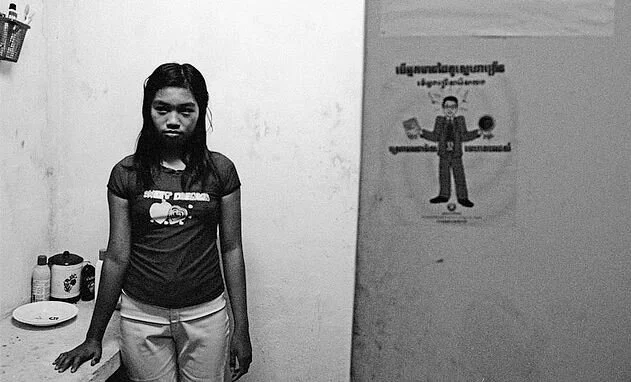Human Trafficking: A Security Perspective
Abstract: Trafficking in persons has gained recognition in recent decades as an issue of serious international concern. But while the problem is increasingly acknowledged by the global community, there is still significant confusion about its risks and how it should be dealt with. In other words, what are the security implications of human trafficking, and how can they best be addressed? This article analyzes the problem of human trafficking from a security perspective. It describes different approaches to looking at human trafficking as a security concern, and examines the case of Asia’s Greater Mekong Sub-region (GMS) as an illustrative example. It assesses the risks posed by human trafficking, and provides recommendations to the various governments and organizations concerned.About the AuthorJames Giguere is a second-year MA in International Affairs student at the Elliott School with a concentration in U.S. Foreign Policy. He received his Bachelor’s degree from Boston College in 2008, and then traveled to Gifu City, Japan where he lived and worked for two years. He moved to Washington, DC and began his graduate studies at GW in early 2011. While studying abroad at Waseda University in Tokyo in 2012, he was a Fellow with Polaris Project Japan, a non-profit organization committed to ending human trafficking in Japan. He completed an internship with the U.S. Department of State in late 2012, and is currently employed as a contractor with U.S. Immigration and Customs Enforcement.The opinions expressed in this article are the author’s alone and in no way reflect the position of US Immigration and Customs Enforcement, the US Government, or any other public or private entity. This image is being used under Creative Commons licensing. The original source can be found here.
